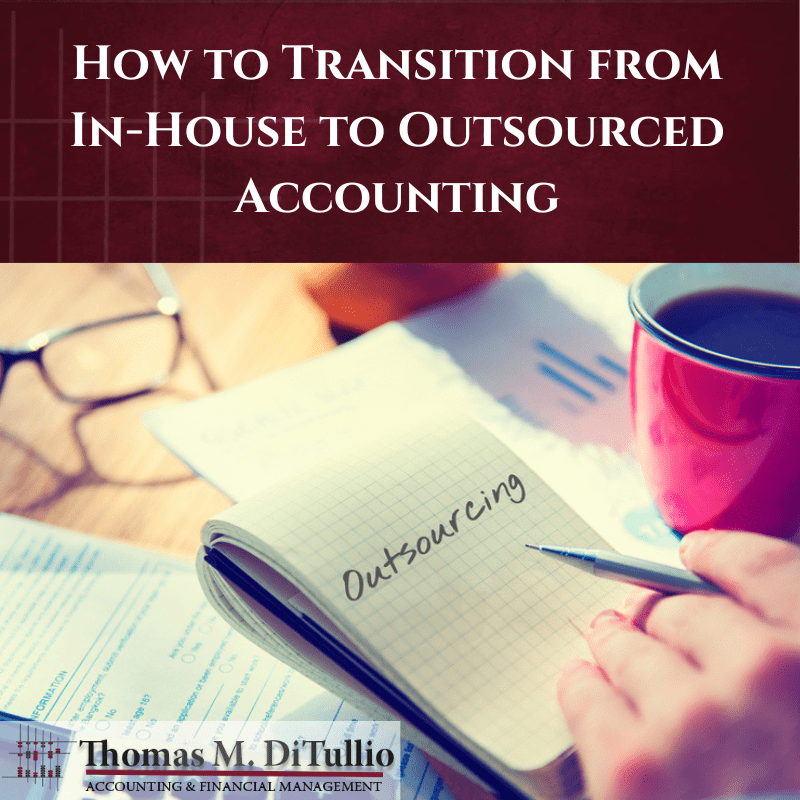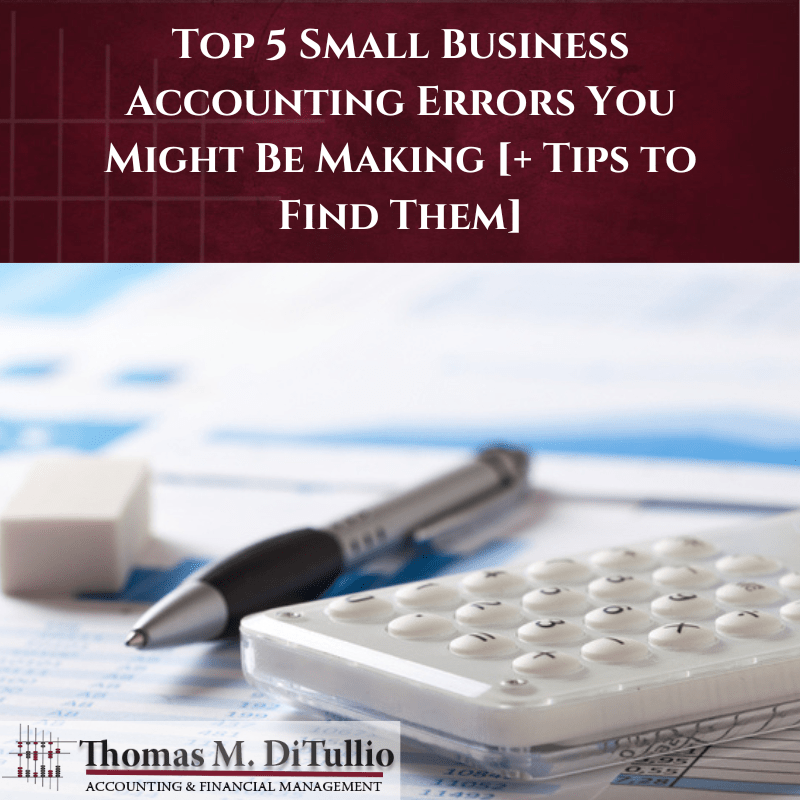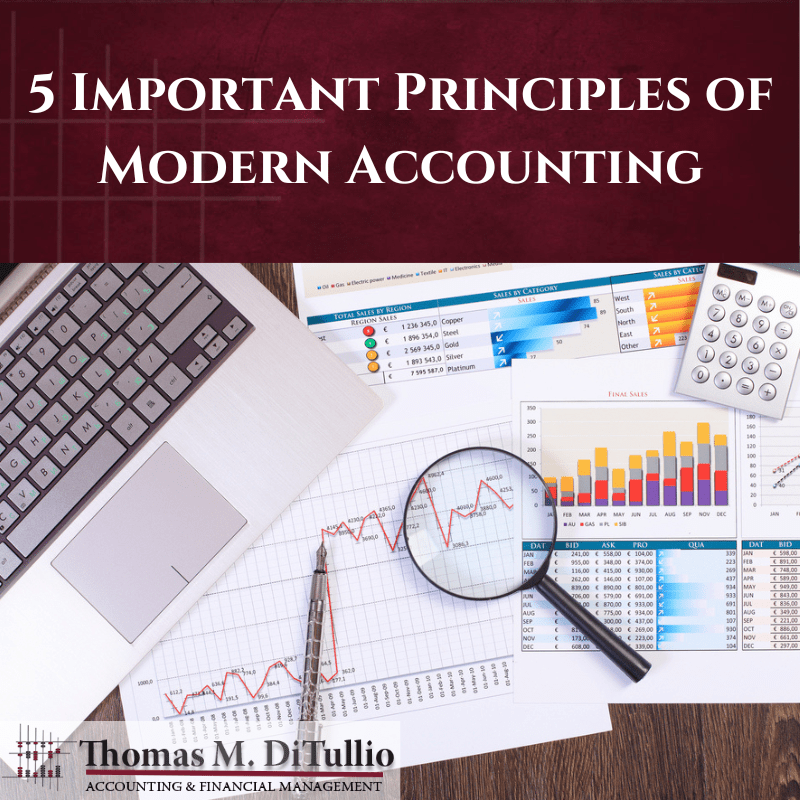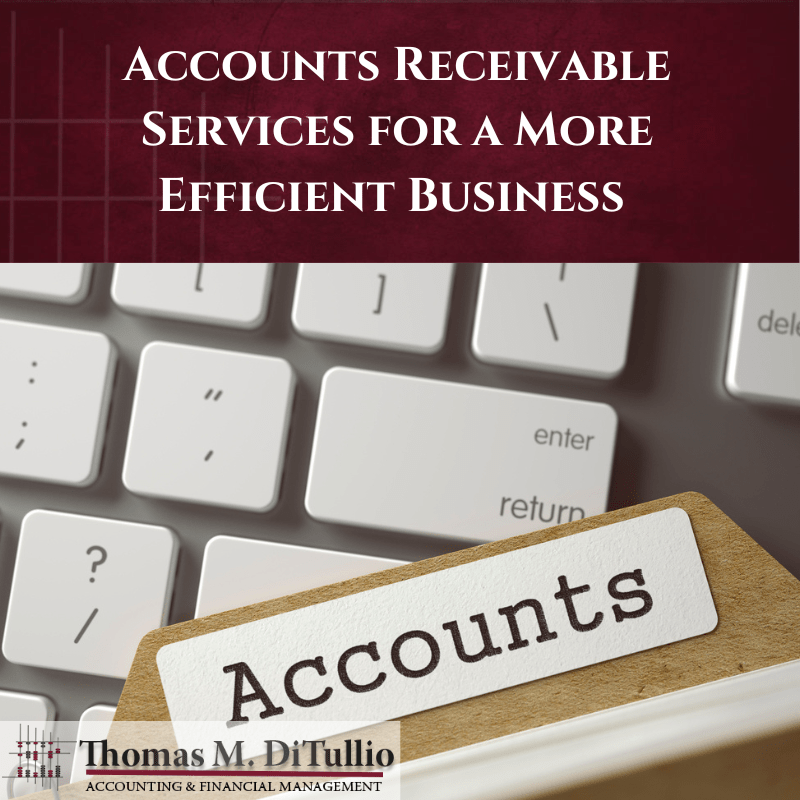The Benefits of Choosing TMD Accounting as Your South Jersey Small Business Accountant
When you own a small business, you wear many hats. Not only are you responsible for the day-to-day operations of your company, but you are also responsible for making sure your employees are paid in a timely fashion, that taxes are paid properly and that your financial records are complete. This includes accounts payable, accounts receivable, balance sheets and more.
For the average business owner, dealing with financial matters can be stressful and you may begin to resent the time you spend on them, especially when you would rather be interacting with customers or developing new products. That is where TMD Accounting, your small business accountant in NJ, can help.
Bookkeeping Assistance
One of the ways a small Jersey accountant can help your company is by handling the bookkeeping services necessary to organize your finances. There are many options today for bookkeeping software and a small business accountant in NJ can help you choose one that fits your business needs. They will also be sure to choose options that will grow with your company. Of course, the answer to “why should I use an accountant for my small business when I have staff who does my bookkeeping” is simple. Your accounting staff needs guidance and may need training on the software that is chosen, something a small Jersey accountant can assist with.
Monitor Your Company’s Financial Health
Another important reason to work with TMD Accounting is to monitor the financial health of your business. A critical part of any company’s financial health is cash flow, and most business owners are unaware of the various formulas necessary to improve it or address any issues with it. Working with a small business accountant in NJ will provide you with a monitoring system to watch all transactions in your company and make sure that money is moving in and out of the business properly.
Tax Code Changes
The United States has a complicated tax code that changes quite frequently. It is almost impossible for a business owner who is not familiar with the tax code to handle that aspect of their company properly. Forms submitted to federal, state and local governments must be accurate or you could face penalties that may be extensive. If you are asking, why you should use an “accountant for my small business,” tax regulations should be at the top of the list.
Forensic Accounting
Although you may trust your accounting staff implicitly, the news is filled with stories of people who were trusted and took advantage of that trust. Using a small business accountant in NJ will provide you with a level of forensic accounting that could discover problems in your financial system. Although the problems may not be signs of fraud, they may simply be incorrect data in your financial software, funds not placed in the proper account or simply a misunderstanding about how a financial matter should be handled.
Business Transitions
Businesses undergo transitions over time, whether it is a shift in ownership, merges or a change in products or services. When your company is undergoing any type of transition, using a south Jersey accountant is critical to be sure the transition goes smoothly. They can identify any possible risks that may occur during the transition or threats to the business that could result in devastating consequences if not addressed. As the transition progresses, a small business accountant in NJ can put financial processes in place to protect your interests and the interests of your stakeholders.
Focus on Other Aspects of Business
One of the most important answers to “why should I hire an accountant for my small business” is that it allows you to focus on other aspects of your business. As a business owner, you may find yourself taking on too many responsibilities in an effort to reduce costs. In the financial aspect of your company, however, this can lead to errors that could be very costly.
In addition, when you are focusing on day-to-day finances, you are not focusing on other matters related to running a business. When you started your business, you had a vision of how it would operate and without financial guidance, that vision may become blurred. In order to pay more attention to the things that made you start your company in the first place, your products or services, allow a south Jersey accountant to focus on your financial health.
Cost Savings
It may seem counter-intuitive that hiring a small business accountant in NJ will save money, but the fact is that their expertise can do just that. A south Jersey accountant will look over your finances and pinpoint where the money is going, providing you on areas where you can save while also identifying tax breaks that can reduce how much you will owe each quarter. They can help you avoid penalties and fines by filing your tax forms regularly as well. One of the best ways to view the hiring of a south Jersey accountant is as an investment, not an expense.
Looking For a South Jersey Accountant?
If you are considering an accounting service for your business, contact TMD Accounting today to learn more about our small business and personal accounting services. Our motto is “where numbers matter and people count,” something our team lives by each day. With over 40 years’ experience as a south Jersey accountant, TMD Accounting can help your business grow while protecting your financial interests. Family-owned and operated, our staff is flexible and reliable, and we always keep our services affordable. Contact TMD Accounting today by filling out the easy online form or call 1-856-228-2205.











